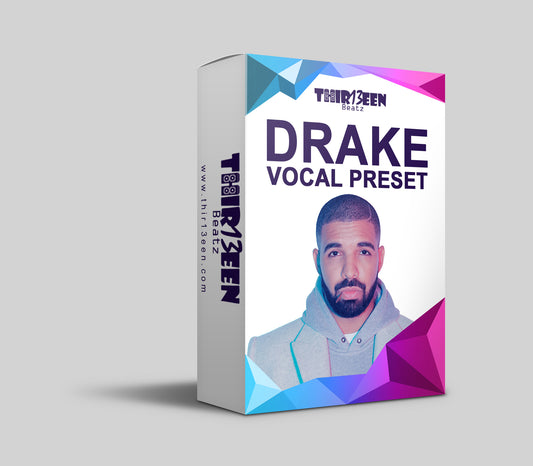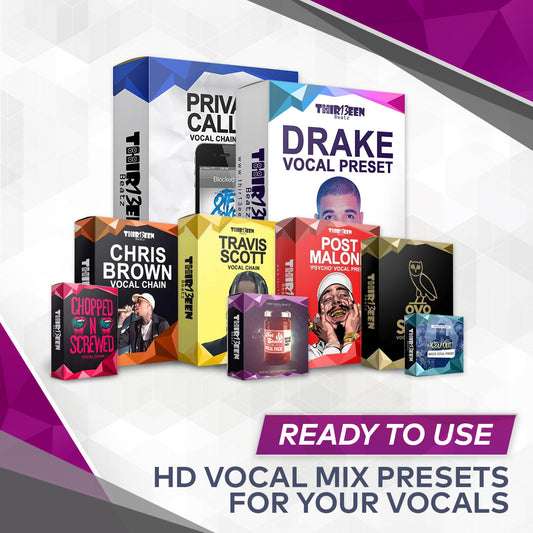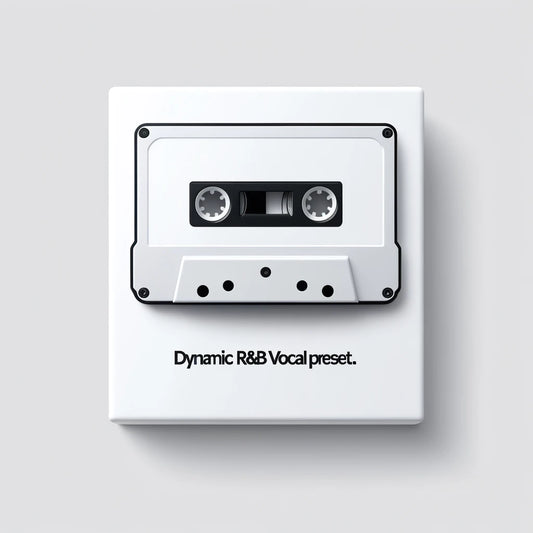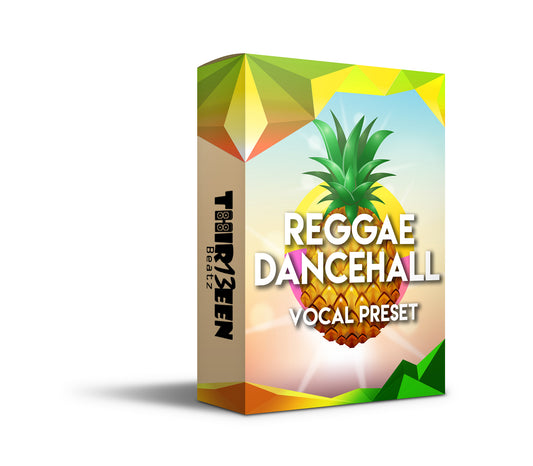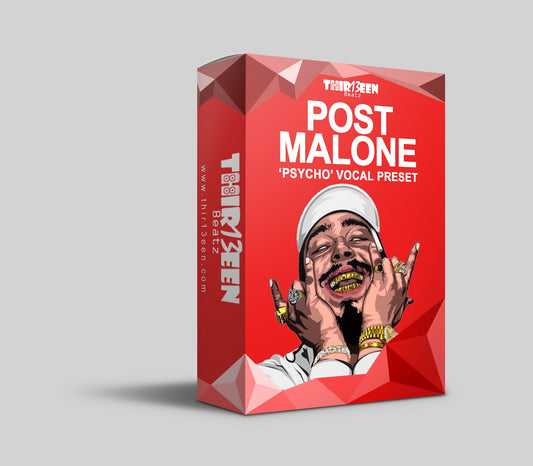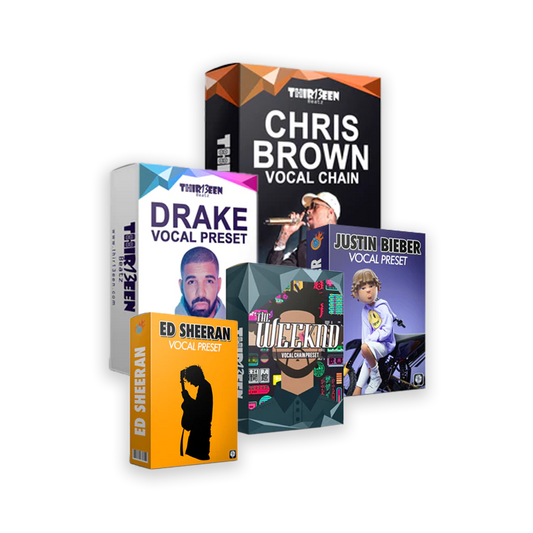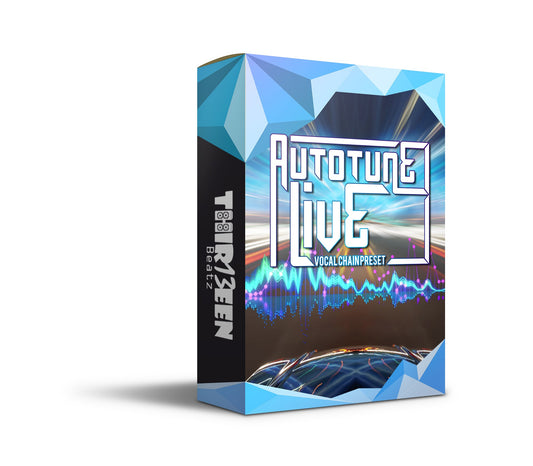Intro to DistroKid
As a music producer who's navigated the ups and downs of the industry, I've seen firsthand the revolution digital music distribution has brought to independent artists.
Today, platforms like DistroKid, CD Baby, and TuneCore are game changers, making it possible for musicians to share their work worldwide without the need for a traditional record deal.
Understanding these services is crucial for anyone looking to make their mark in the music world.
DistroKid vs. CD Baby vs. TuneCore is more than just a comparison; it's about figuring out which platform gives you, the artist, the best bang for your buck.
With DistroKid's pricing models, unique features, and how it stacks up against competitors, this post aims to dissect what each service offers.
From what you're paying to what you're getting, and the pros and cons of hitching your wagon to DistroKid, we'll dive deep into whether DistroKid is worth it for an up-and-coming artist aiming for success.
Transform your vocals today with our premium presets - discover your perfect sound now!
Browse Logic Pro X Presets | Browse Garage Band Presets
The Landscape of Music Distribution
In the world of music distribution, three giants stand out: DistroKid, CD Baby, and TuneCore. Each platform offers unique tools for artists to launch their music into the digital universe. Understanding these key players is crucial for any independent artist looking to make an impact.
DistroKid shines with its straightforward pricing and rapid distribution to major platforms. It's like the speedboat of music distribution—fast and efficient.
CD Baby, on the other hand, is more like a cargo ship, offering physical distribution alongside digital, plus publishing assistance.
TuneCore acts as a sturdy bridge between artists and streaming services, emphasizing global reach and keeping 100% of your sales revenue.
Each service caters to different needs. DistroKid is great for artists focusing on digital presence, CD Baby suits those also interested in physical sales and rights management, and TuneCore is ideal for those with a global vision for their music.
Knowing which platform aligns with your goals is the first step to navigating the vast sea of music distribution.
DistroKid Review
DistroKid stands out in the digital music distribution world for its simplicity and artist-friendly approach. With its streamlined pricing models and a suite of services designed to get music out fast and efficiently, DistroKid offers a compelling package for independent artists. Let's dive into what makes DistroKid a valuable ally for musicians looking to share their art with the world.
Key Features:
- Unlimited Uploads: For a single annual fee, artists can upload as many songs and albums as they want, offering unparalleled freedom.
- Fast Distribution: DistroKid is known for getting your music onto platforms like Spotify and Apple Music quickly, sometimes within hours.
- Keep 100% Royalties: Artists retain full earnings from their streams and sales, which is a huge plus.
Pros:
- Affordable pricing with no hidden costs makes it accessible for artists at any stage of their career.
- Straightforward, user-friendly interface saves time and hassle, allowing artists to focus on their music.
- Features like split payments among band members and instant verification on Spotify enhance its value.
Cons:
- Lack of physical distribution options might limit artists interested in selling CDs or vinyl.
- Some artists may find the absence of personalized customer support challenging.
In summary, DistroKid's value proposition lies in its simplicity, speed, and fairness to artists.
By offering unlimited uploads, fast distribution, and letting artists keep all their royalties, DistroKid provides a straightforward and cost-effective solution for getting music out into the world.
While it may not cater to every need, such as physical distribution, its benefits make it a strong contender for independent artists aiming for digital success.
CD Baby vs DistroKid vs TuneCore
When comparing DistroKid, CD Baby, and TuneCore, think of it as choosing the right vehicle for your music journey. Each has its strengths, tailored to different types of artists and their unique needs.
DistroKid impresses with its unlimited uploads for a single annual fee, making it great for prolific artists. Its rapid distribution and policy of letting artists keep 100% of their royalties stand out. However, it lacks physical distribution, which might be a dealbreaker for some.
CD Baby offers both digital and physical distribution, including CDs and vinyl, making it a one-stop shop. It charges per release rather than a yearly fee and takes a small percentage of sales. It also offers publishing rights services, adding value for songwriters.
TuneCore charges per release like CD Baby but does not take a cut of sales, allowing artists to keep all their earnings. It boasts an extensive distribution network but, like DistroKid, doesn't support physical sales.
Pros and Cons:
- DistroKid's affordability and unlimited uploads are perfect for active musicians, but the lack of physical sales support and personalized customer service might deter some.
- CD Baby's comprehensive services, including physical distribution and rights management, offer great value, but costs can add up for artists releasing multiple tracks.
- TuneCore allows artists to retain all earnings and has a wide reach, but the per-release fees can become costly for those with frequent releases.
In summary, choosing between DistroKid, CD Baby, and TuneCore depends on your priorities. DistroKid is cost-effective for digital-only distribution with frequent releases.
CD Baby suits those looking for a mix of digital and physical distribution, plus additional music rights services.
TuneCore is ideal for artists focused on digital distribution wanting to keep all their royalties without annual fees. Each platform offers a pathway to success, but the best choice varies depending on your specific needs and goals in the music industry.
Also Read: How to Distribute Your Music with DistroKid
Understanding DistroKid's Prices
DistroKid's pricing is designed to be simple and artist-friendly, offering different subscription levels to match your needs. Here's a breakdown of what each level offers and any additional costs you might encounter.
DistroKid offers a range of plans suitable for every type of artist, from solo performers to large groups, with annual prices starting at $22.99 up to $1,349.99 USD.
For artists looking for more than just distribution, DistroKid also provides various paid extras and services like DistroVid and Mixea, with prices between $0.99 and $26.99 per song.
Among its offerings, the Musician Plus plan stands out as the best value at $39.99 USD, catering to two artists.
Here's a quick overview of DistroKid's core plan pricing:
- Musician: $22.99/year for 1 artist
- Musician Plus: $39.99/year for 2 artists
- Ultimate 5: $89.99/year for 5 artists
- Ultimate 10: $139.99/year for 10 artists
- Ultimate 20: $239.99/year for 20 artists
- Ultimate 50: $674.99/year for 50 artists
- Ultimate 100: $1,349.99/year for 100 artists
This tiered pricing structure allows artists to choose a plan that fits their needs, whether they're just starting out or managing a larger ensemble.
Musician: At the base level, the Musician plan lets you upload unlimited songs and albums for a year. This plan is perfect for solo artists.
Musician Plus: A step up, Musician Plus offers everything in the Musician plan, plus daily sales stats and more customization options, like release dates and record label name.
Label: The Label plan is for those managing multiple artists. It allows you to upload unlimited tracks for several artists under one account, with the price increasing based on the number of artists.
Additional Fees:
- Cover Songs Licensing: If you're releasing a cover song, DistroKid charges a fee to manage licensing, ensuring everything is legal.
- YouTube Money: Opting into DistroKid's YouTube Money program incurs an additional fee but helps you collect earnings from YouTube.
Pros and Cons:
- Pros: Affordable plans for unlimited uploads make it accessible for artists at any career stage. The simplicity of the pricing structure is a big plus, avoiding the nickel-and-diming common with other services.
- Cons: Additional fees for services like cover song licensing and YouTube monetization can add up. The higher-tier plans, while offering more features, might be out of reach for artists just starting.
In summary, DistroKid's pricing offers something for everyone, from solo musicians to labels managing multiple artists.
With its straightforward subscription levels, DistroKid makes it easy to find a plan that fits your budget and career goals.
While there are additional fees for certain services, the core offering—unlimited uploads with no cut from your earnings—remains compelling for artists looking for an efficient and cost-effective distribution solution.
Also Read: The 10 Best Free Vocal Presets
Conclusion: Is DistroKid Worth It?
Yes. In navigating the complex terrain of music distribution, DistroKid stands out for its straightforward pricing, speedy distribution, and artist-friendly policy of letting you keep 100% of your royalties.
With options for unlimited uploads and different subscription levels to suit various needs, DistroKid is a strong contender for independent artists looking to make their mark in the digital world.
However, it's important to weigh the pros and cons, including annual fees and additional costs for certain services, against your specific needs and goals.
Choosing the right distributor is a critical decision that can influence your music career's trajectory. If you're a prolific artist with a steady stream of releases, DistroKid's unlimited upload offer could be invaluable.
For those concerned about keeping a larger share of their earnings, DistroKid's no-commission model is attractive.
Yet, for artists who value physical distribution or need more hands-on customer support, exploring alternatives like CD Baby or TuneCore might be worthwhile.
Ultimately, the best distributor for you is one that aligns with your career objectives, budget, and how you want to connect with your audience.


